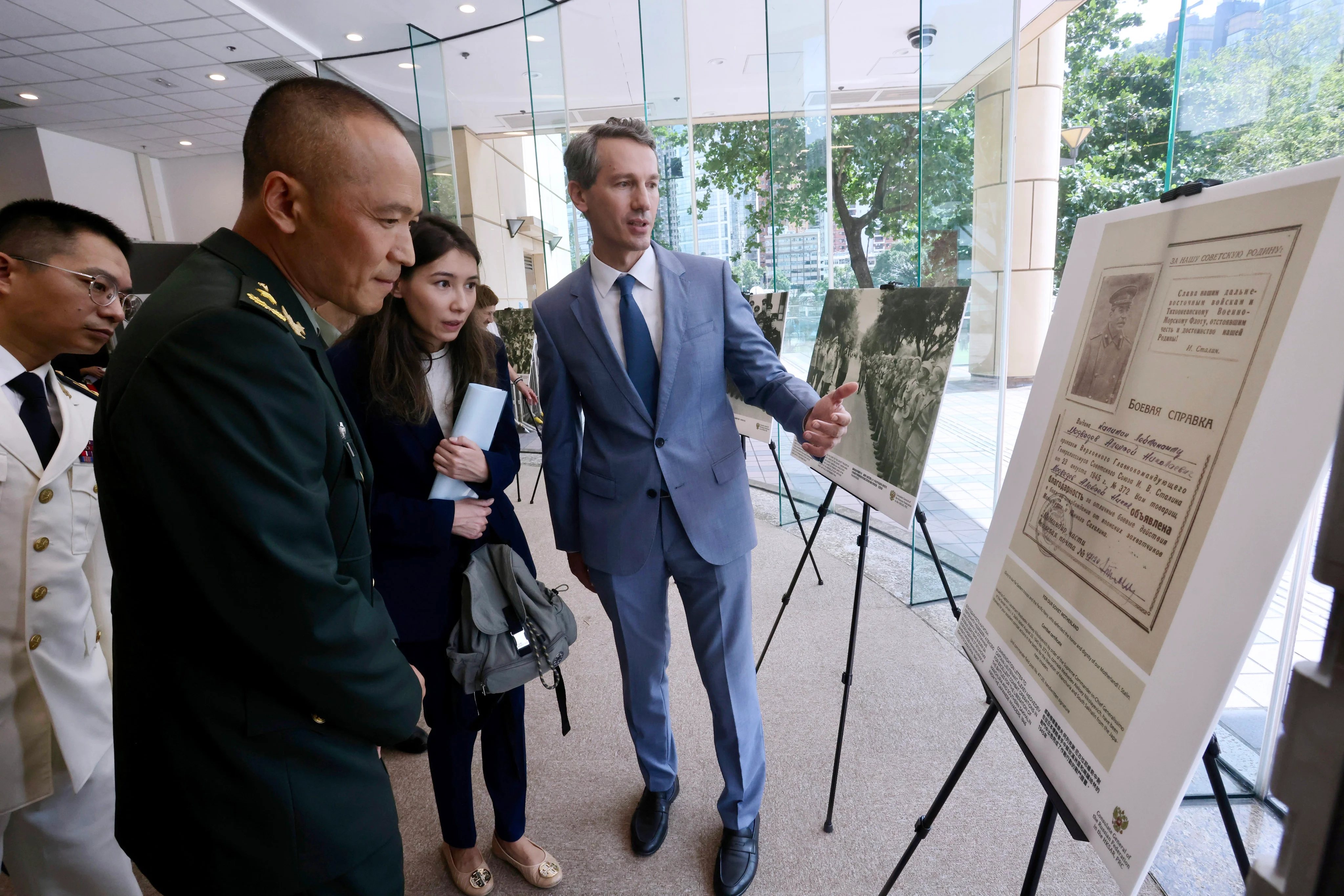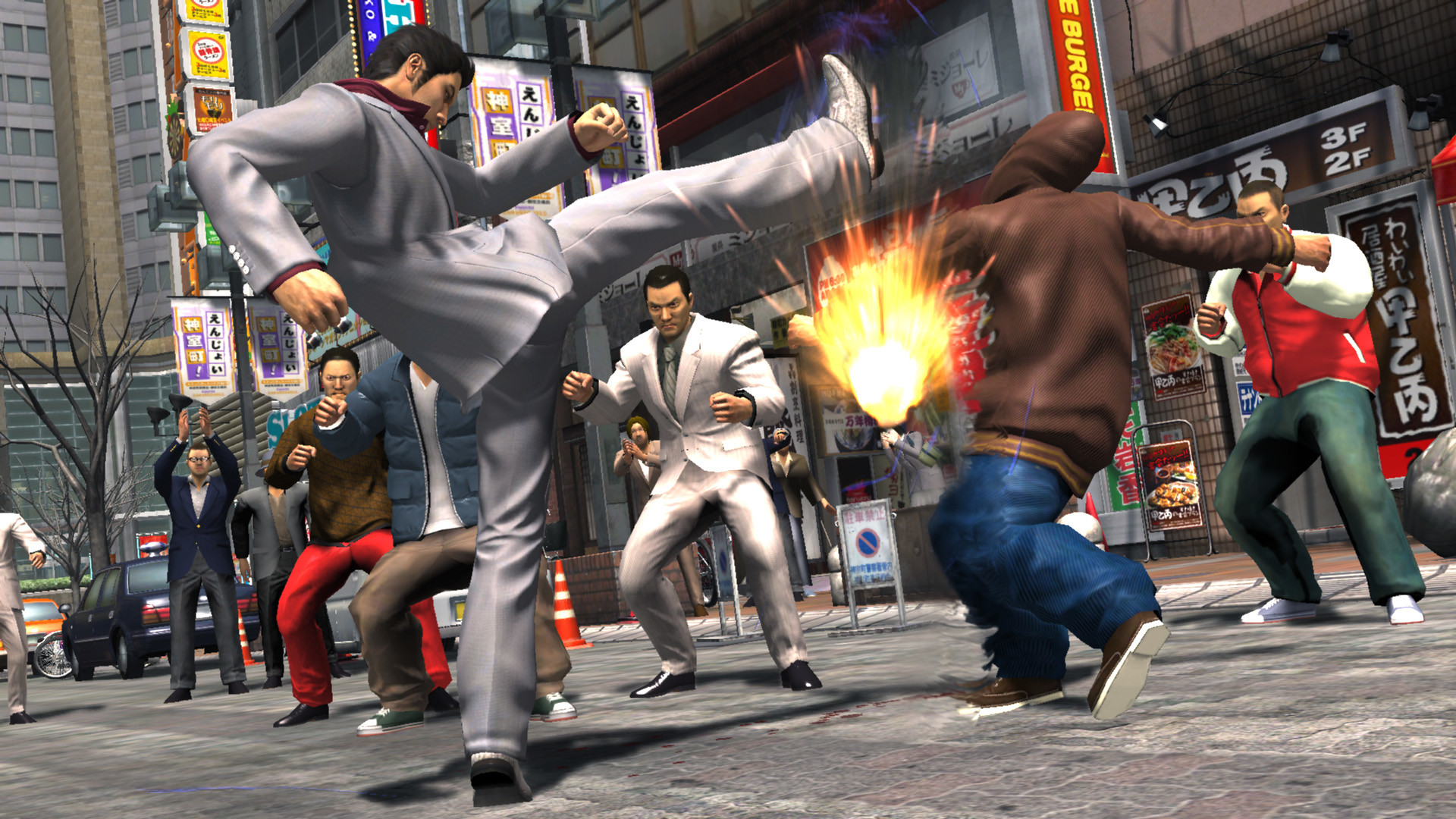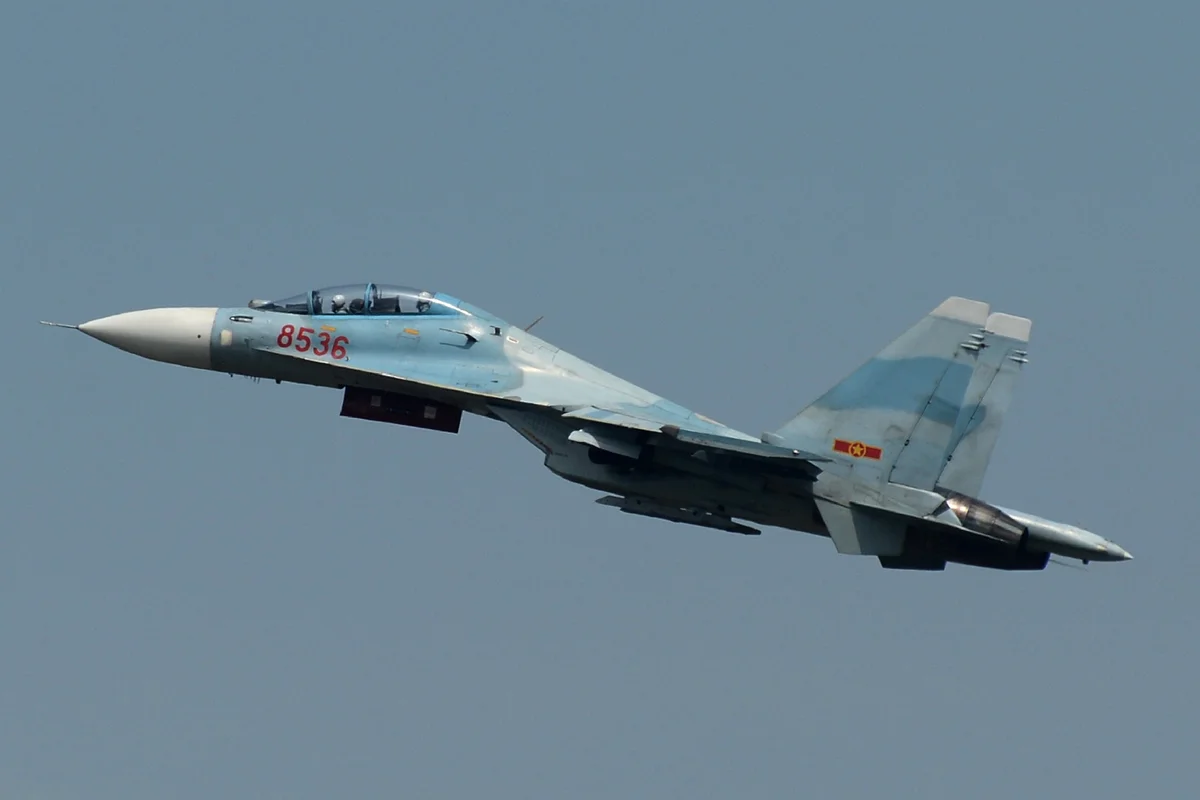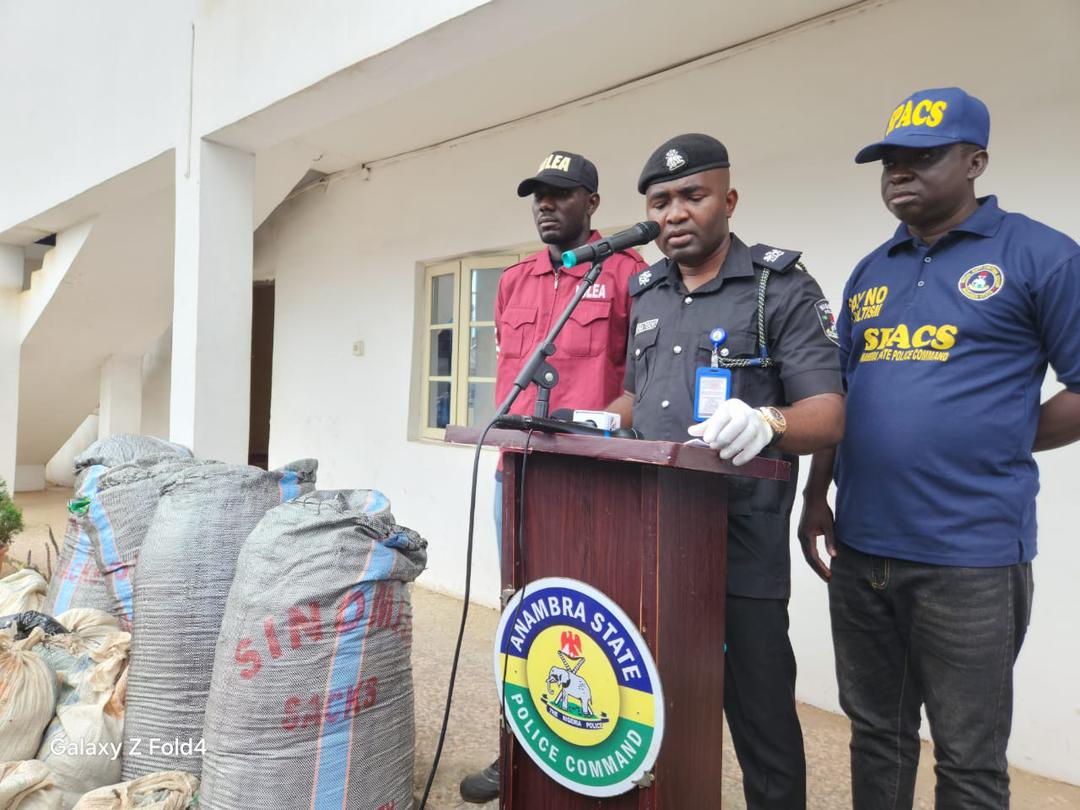By Connor Mycroft
Copyright scmp

Russia is working to preserve heritage sites in Hong Kong related to the second world war, the nation’s top diplomat in the city has said, after the discovery of the local graves of seamen from the country who were killed by a Japanese bombing campaign.
Anatoly Kargapolov, the Russian consul general in Hong Kong, also said his country would never forget China’s “heroic resistance” in its fight against the Japanese during World War II. China’s war effort allowed the Soviet forces to concentrate on defeating Nazi Germany, he added.
Kargapolov was speaking on Thursday at the opening ceremony of a photo exhibition in Hong Kong Central Library that commemorates the 80th anniversary of the Manchurian Operation – the Soviet Union’s invasion of the Japanese Empire’s puppet state in northeastern China in the waning days of the war.
While the Soviet Union had a neutrality pact with Japan throughout much of the war, the invasion is sometimes credited as one of the key contributors to Japan’s unconditional surrender, alongside the United States’ nuclear bombing of Nagasaki and Hiroshima.
Kargapolov took the opportunity to voice his admiration for China’s contributions to the war.
“We deeply appreciate the respect and care shown by the Chinese people in keeping this memory alive here in Hong Kong. The Russian consulate general is also working to preserve our shared second world war heritage,” he said.
“Although the main battles involving the Soviet people took place thousands of miles from Hong Kong, by fate, this city became the final resting place for several Russian seamen killed by Japanese bombs.”
Kargapolov said that volunteers had done extensive research to identify the graves of the Russians who had been killed in the city during the war.
It is understood that the Russian seamen, who were buried at Hong Kong Cemetery in Happy Valley, are believed to have worked on cargo ships that were docked in the city for repairs at the time of the Japanese invasion.
Kargapolov said that while not all the graves could be identified, the consulate and members of the local Russian community were working to restore the ones that were found.
“As this research continues, diplomats and members of the Russian community are working to restore the identified graves to a dignified condition. In this important endeavour, we are grateful for the support of Hong Kong authorities,” he said.
Earlier this month, Chinese President Xi Jinping was joined by his Russian counterpart, Vladimir Putin, and other world leaders for a giant military parade in Beijing commemorating the end of World War II.
Beijing has pushed to reshape accounts of the second world war, which it refers to as the World Anti-Fascist War, highlighting China’s pivotal wartime contributions and calling for recognition of the Asian theatre's significance.
Speaking at the same ceremony, Li Yongsheng, deputy commissioner for the Chinese Ministry of Foreign Affairs in Hong Kong, said the exhibition showed the “firm resolve” between China and Russia to “uphold the outcomes” of the war.
Without naming the United States or any other country, he said the “dark cloud of Cold War mentality” remained and that “new threats and challenges” were emerging.
“The world has entered a new period of turbulence and transformation,” Li said.
“China is ready to work with Russia and with all other countries to enhance cooperation and explore ways to improve global governance, so as to create a brighter future of peace, stability, security … and progress for all.”



